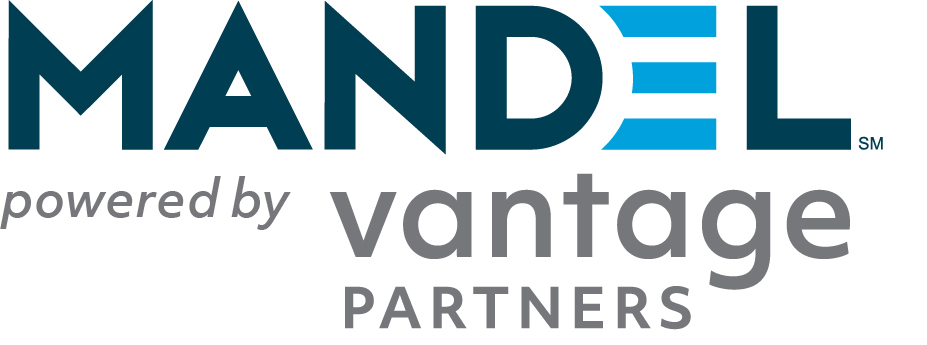At Mandel, we’ve worked with thousands of Pre-Sales Engineers over the past two decades, and this is what we’ve learned:
Pre-Sales Engineers have great product knowledge, know how to answer product questions and are comfortable leading demos.
But coming into our training, they overwhelmingly lack skill in asking great questions.
Repeatedly, we see extremely smart and seasoned Pre-Sales Engineers from top tier tech companies who have lackluster skills at engaging prospects in dialogue with thought provoking questions.
Here are our two primary observations:
- Pre-Sales Engineers commonly ask only enough questions to qualify the prospect or fill out a proposal.
- Most questions are close-ended and fact-based, the least effective type of inquiry. A low bar.
Why is this Happening?
On the surface, one might assume that it’s a bit of hubris –they’ve been doing this forever and already understand the client’s problem. For seasoned professionals, could it be that they simply feel they’ve seen this a million times?
That’s not the underlying issue that emerges when we work with Pre-Sales Engineers in our training workshops.
Rather, it’s that most Pre-Sales Engineers haven’t been taught the skill of engaging with a prospect and how to dive deeply into their issues. If the ability to think on their feet and pursue high value follow up questions hasn’t been developed, the closed-ended questions just start pouring out. Without the skillset of asking thought-provoking questions, they’re anxious to move on to the proposal or start the demo. Anything to get back to their comfort zone.
And this problem is magnified several times over when the Pre-Sales Engineer has to conduct discovery with a non-technical stakeholder, often a business audiences who have huge influence over the final decision.
Why This Matters
Three things happen when your pre-sales engineers learn how to ask great questions:
- They uncover more information than the competition. This provides the sales team with a HUGE competitive advantage. They now know more about the real consequences of the problem and as important, who within the enterprise is deeply affected if the problem is not solved.Think about the impact of going to the prospect with a different proposal than everyone else, one that reflects a deeper understanding of their business. Meanwhile, the competition shows up with a limited proposal that only addresses the surface symptoms.
- They establish themselves as the real trusted advisor. After asking great questions, no competitor will know as much about the prospect’s business as your team does. And since technology decisions are essentially “trust” decisions, who do you think wins?
- They broaden their base of support within the prospect’s organization. How? Because they keep asking questions of the right people.
For example, if an IT person tells your pre-sales engineer they’re building an app for marketing, then your pre-sales engineer should have their next conversation with… the actual marketing person.
Don’t traffic in secondhand information. Every marketing person on the planet will take a call from a vendor that says, “Hi Jennifer, we’ve been talking with Tom in IT about your new marketing app and we’d love a few minutes with you to make sure what we’re proposing fits your requirements.”
That leads to an instant meeting with someone important that the competition doesn’t even know exists. And if the deal ends up being close, guess who breaks the tie? That marketing executive.
Mandel delivers training and coaching to up-level Pre-Sales Engineers in the art of discovery. We also show them how to open the meeting with engagement, and how to ask questions to uncover hidden obstacles and dealbreakers.
To learn more how Mandel has developed Pre-Sales audiences for companies of all sizes, Fortune 1000 to hyper-growth and early-stage companies, let’s connect for a conversation.







